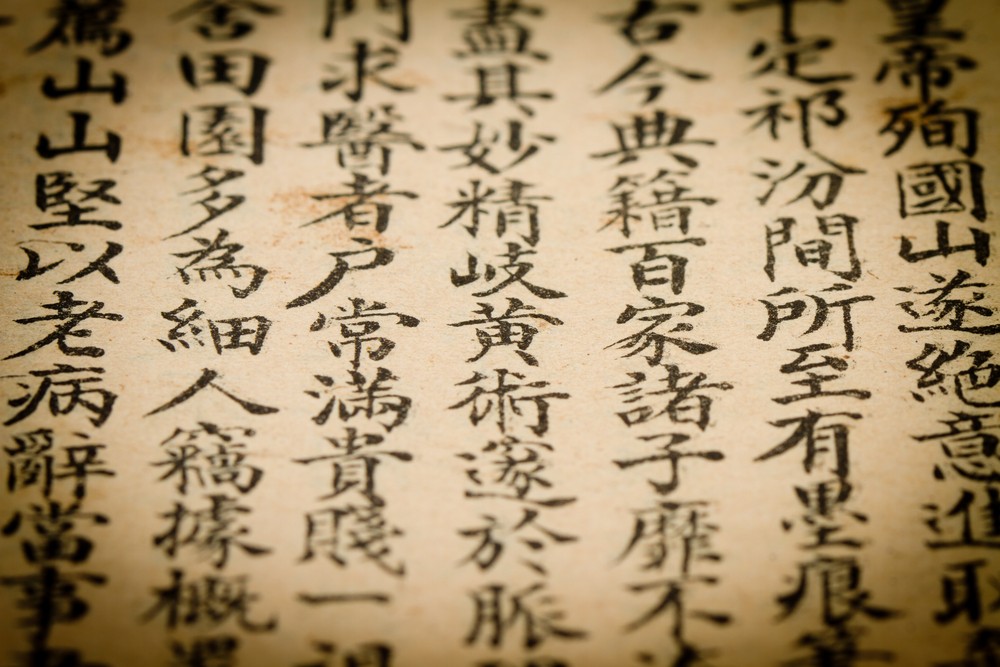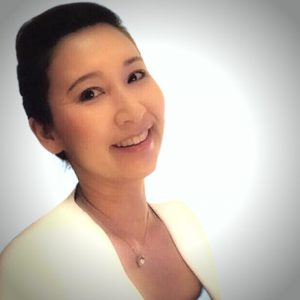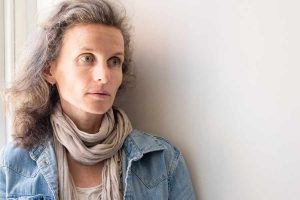Eastern Medicine Perspective
Eastern medicine (EM) has a history of thousands of years. It has a systemic theory derived from long-term clinical experience, the philosophy of holism and systematology. The theory views man as an integral part of nature with an emphasis on the harmony of the body and the environment. EM incorporates treatments that have persisted for centuries and are proven to work. Its focus is on individualized therapy with medication of composite formulae and it aims for global balance of the body rather than the inhibitory effect on a disease target.
‘Diseases of the body’ vs ‘the body of the diseased’
Due to this fundamental difference of perspective, the therapeutics of Eastern medicine were developed quite differently from those of Western medicine. While Western medicine is focused on the treatment of diseases with a specific target using a single molecule, Eastern medicine is concerned with the ill body, the terrain, the internal dynamic that manifested the disease and aims for global regulation. This approach resulted in the development of complex formulae and prescriptions corresponding to syndromes. The cellular/molecular mechanism was unknown and biochemical metabolic processes were treated as a black box. Instead, Eastern medicine focused on defining different expressions for the physiological and pathological states.
Traditional Asian pharmaceuticals were discovered by trial and error, on the basis of what made the patient better as a whole. This trial-and-error approach to the development of therapeutics has been inefficient and has taken centuries to establish but it is paradigm blind.
Eastern and Western Medicine – A general comparison
| Eastern Medicine | Western Biomedical Science |
| Legitimacy comes from thousands of years of collective clinical experiences | Legitimacy based on statistical analysis of objectively measurable responses, averaged over large populations in the last decade or two. |
| Individualized treatment – different for each patient. | Standardized treatment; same for everyone diagnosed with a given condition. |
| Qualitative, multi-dimensional diagnosis. | Binary diagnosis – the patient has the condition or he doesn’t. |
| Treatment aimed at restoring long-term health. | Treatment aimed at relieving acute condition. |
| Combination of many herbs with dietary recommendations, acupuncture, and some prescribed behaviours | One drug for one condition |
| Integrated diagnosis and holistic treatment | Treatment of each body part or system as a separate entity |
Eastern Medicine doesn’t fit with the standard mode of scientific evaluation.
We tend to subject EM to standard evaluations from evidence-based medicine. But if each patient is treated differently, how can statistical inferences be made? How can one subject the plan to a double-blind comparison? If one chemical at a time is tested, important synergies may be missed. If only short-term outcomes are looked at, one may miss those which are of greatest significance for the patient over the course of his life.
Systems of Correspondence: functionality in EM and emerging systems biology
At the centre of EM is the notion of functional relationships within the body. Organs are of interest, not for their anatomical relationships but for their functional patterns and distant effects on other “organs.” Organs in EM are concepts organized around function, not discrete anatomical entities. Diseases are perceived not as discrete entities arising from diseased organs, but imbalances in the functional relationships within the system. A deductive, reductionistic scientific inquiry into traditional Eastern medicine may lose the essence of functional patterns, relationships, and systems.
This is where the emerging paradigm underlying systems biology intersects with the ancient wisdom of Eastern medicine. EM does not treat diseases of Western conception per se, but rather disturbed function and imbalances in communication between systems of the body that are connected through physical and energetic pathways.
Omic techniques in systems biology approaches to traditional Chinese medicine research: Present and future





